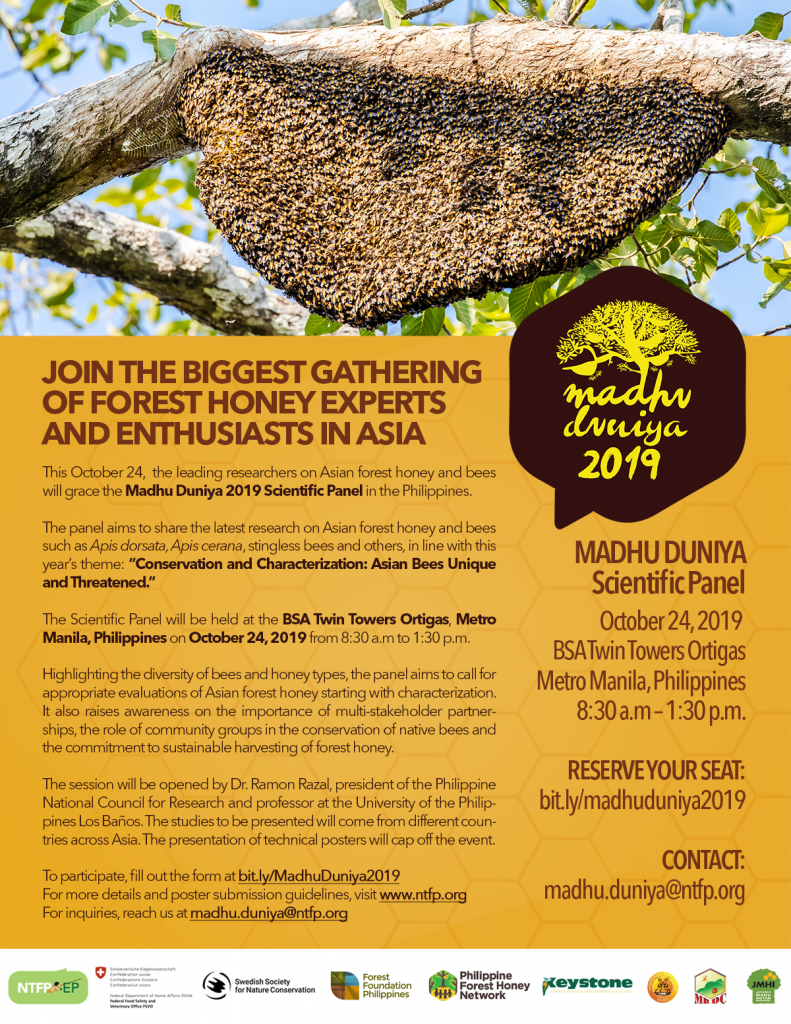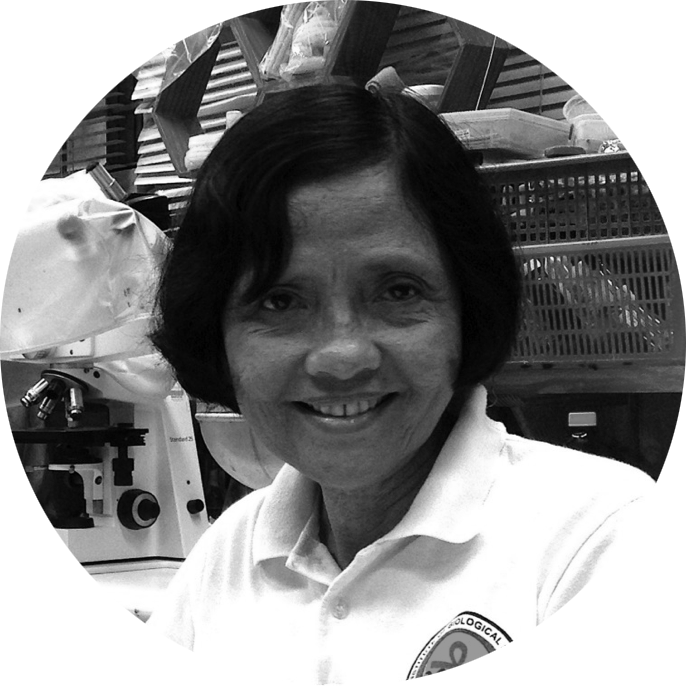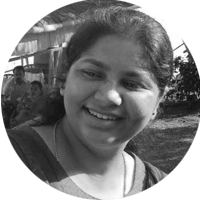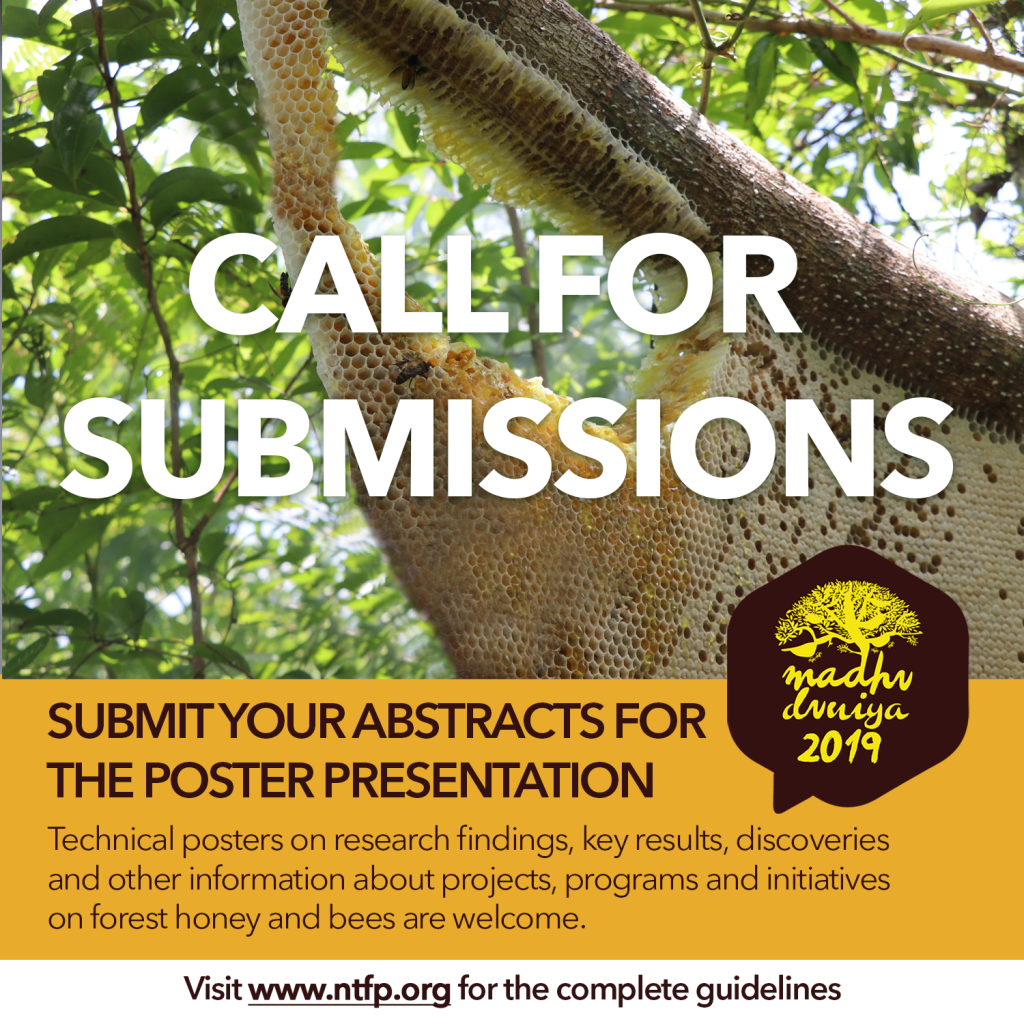
MANILA, Philippines – This October 24, the leading researchers on Asian forest honey and bees will grace the Madhu Duniya 2019 Scientific Panel in Metro Manila, Philippines.
The panel aims to share the latest research on Asian forest honey and bees such as Apis dorsata, Apis cerana, stingless bees and others, in line with this year’s theme: “Conservation and Characterization: Asian Bees Unique and Threatened”
The Scientific Panel will be held at the BSA Twin Towers Ortigas, Metro Manila, Philippines on October 24, 2019 from 8:30 a.m to 1:30 p.m.
Highlighting the diversity of bees and honey types, the panel aims to call for appropriate evaluations of Asian forest honey starting with characterization. It also raises awareness on the importance of multi-stakeholder partnerships, the role of community groups in the conservation of native bees and the commitment to sustainable harvesting of forest honey.
The session will be opened by Dr. Ramon Razal, president of the Philippine National Council for Research and professor at the University of the Philippines Los Baños. The studies to be presented will come from India, Indonesia, Malaysia and the Philippines.
If you wish to participate in the conference, please fill out the form at bit.ly/MadhuDuniya2019
Refer to this post for information on conference registration fees for self-funded participants.
For questions and other concerns, contact us at madhu.duniya@ntfp.org
The confirmed presenters for this year are:

- Dr. Cleofas Cervancia – Professor Emeritus, University of the Philippines Los Baños. President, APIMONDIA Regional Commission for Asia
- “Management and conservation of Philippine bees”

- Dr. Shiny Mariam Rehel – Keystone Foundation, India
- “Mellisopalynological analysis of Apis dorsata from Coonoor and Kotagiri region, India”

- Dr. Denise Margaret S. Matias – Zentrum für Entwicklungsforschung (ZEF) – University of Bonn. Institut für sozial-ökologische Forschung (ISOE), Germany.
- “Thinking beyond Western commercial honey bee hives: towards improved conservation of honey bee diversity”
- “Mapping giant honey bee nests in Palawan, Philippines through a trans-disciplinary approach”

- Dr. Rita Kartikasari – Professor, Bogor Agricultural University, Indonesia
- “Pharmacological study of forest honey from Sumbawa Forest Honey, Indonesia”

- Dr. Gan Siew Hua – Professor, Monash University Malaysia
- “Phenolic acid and flavonoid composition of Malaysian honeys”

We are also calling for submissions of abstracts for technical posters from all interested parties. Research findings, key results, discoveries and other information about projects, programs and initiatives on forest honey and bees are welcome. The posters will also be displayed at the conference site in Tanay, Rizal province, Philippines as well as during the panel itself.
The technical guidelines, submission requirements and other information on the poster presentation can be found below. The deadline for submissions will be on September 23, 2019.
Technical poster submission guidelines:
We require the following information:
(Download the submission form here)
- Title of submission
- Abstract (250 words)
- Keywords
- Name of author/s
- Corresponding author’s institution name and address
- Email address of author
- Contact number
- Co-author name(s), institution(s), email address(es)
- Presenting author(s) – indicate who will present the proposed poster during the conference
Deadline for submission of abstracts will be on September 23, 2019.
Send abstracts to the secretariat at madhu.duniya@ntfp.org on or before September 23, 2019. Notification of acceptance of proposals will be issued by email on or before September 30, 2019. The top three submissions will have their printing costs shouldered by the organizers and receive a 20% discount on the registration fee to attend the panel.
For any further questions related to the poster exhibit, please contact Diana San Jose through mobile (+63 929 113 4673) or through email (madhu.duniya@ntfp.org).
Expected standard elements of the poster
- Title of the poster
- Full names and organization affiliations of all authors and email address(es) of at least one author
- Introduction
- Methods or key activities
- Key results/findings (tables, graphs, photos with simple statements)
- Conclusions – a list/summary of conclusion
Posters must be technically sound, relevant and up to date. It is highly recommended that posters be visually attractive. Points made must be clear and concise.
Size
- Poster size should be A0 (841 x 1189 mm or 33.1 x 46.8 in)
- Only portrait orientation is allowed.
Other information on the poster session
- Easel charts will be provided to display your posters.
- Printing costs will be shouldered by the presenters. However, costs for the top three posters will be shouldered by the organizers. Notifications will be sent to selected participants if they qualify for a slot.
- Posters will be displayed throughout the duration of the conference. Poster presenters will be given an opportunity to discuss their work during the time allotted for poster sessions.
- Unless sponsored, poster presenters will have to pay for their own conference registration fee. Visit bit.ly/MadhuDuniya2019 for more details.
- Posters will be mounted on the morning of October 21 and dismounting shall be done no later than 1:30 p.m. on October 24.




